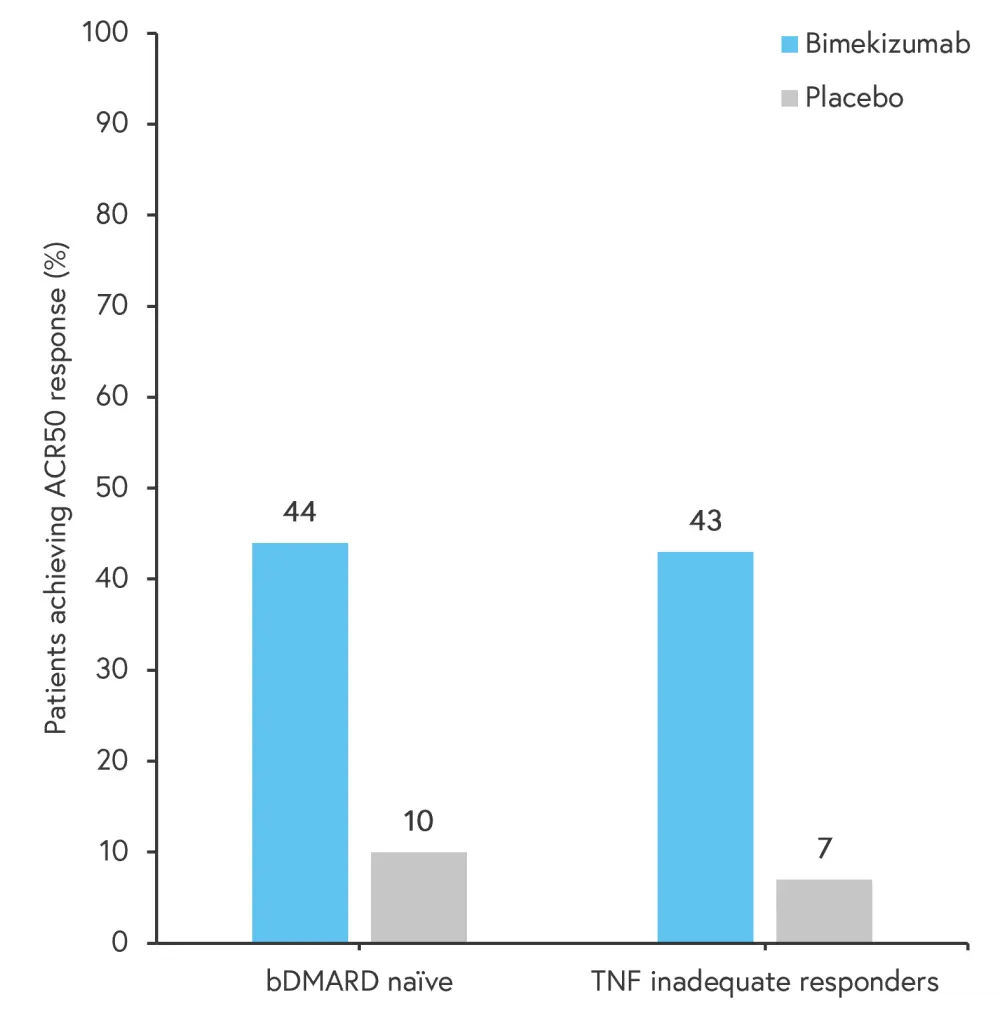All content on this site is intended for healthcare professionals only. By acknowledging this message and accessing the information on this website you are confirming that you are a Healthcare Professional.
The pso Hub website uses a third-party service provided by Google that dynamically translates web content. Translations are machine generated, so may not be an exact or complete translation, and the pso Hub cannot guarantee the accuracy of translated content. The pso and its employees will not be liable for any direct, indirect, or consequential damages (even if foreseeable) resulting from use of the Google Translate feature. For further support with Google Translate, visit Google Translate Help.
The PsOPsA Hub is an independent medical education platform, supported by educational grants. We would like to express our gratitude to the following companies for their support: UCB, for website development, launch, and ongoing maintenance; UCB, for educational content and news updates. Funders are allowed no direct influence on our content. The levels of sponsorship listed are reflective of the amount of funding given.
Now you can support HCPs in making informed decisions for their patients
Your contribution helps us continuously deliver expertly curated content to HCPs worldwide. You will also have the opportunity to make a content suggestion for consideration and receive updates on the impact contributions are making to our content.
Find out more
Create an account and access these new features:
Bookmark content to read later
Select your specific areas of interest
View psoriasis and psoriatic arthritis content recommended for you
Bimekizumab for the treatment of active PsA granted EC marketing authorization
On June 7, 2023, the European Commission (EC) granted marketing authorization to bimekizumab, a monoclonal antibody which inhibits interleukin-17, for use in patients with active psoriatic arthritis (PsA).1 Bimekizumab has been approved as monotherapy or in combination with methotrexate in adult patients with PsA who are intolerant or did not respond to treatment with disease-modifying antirheumatic drugs. This follows the EC approval of bimekizumab in 2021 for moderate-to-severe plaque psoriasis.1
This approval is based on positive results from the BE OPTIMAL and BE COMPLETE phase III trials. The primary endpoint of a 50% improvement in American College of Rheumatology (ACR50) response at Week 16 versus placebo, was met (Figure 1).1 The most common treatment-emergent adverse events included nasopharyngitis and upper respiratory tract infection.1
Figure 1. ACR50 response in BE OPTIMAL and BE COMPLETE*

ACR50, 50% improvement in American College of Rheumatology response; bDMARD, biologic disease-modifying antirheumatic drug; TNF, tumor necrosis factor.
*Data from McInnes, et al.2 and Merola, et al.3
References
Please indicate your level of agreement with the following statements:
The content was clear and easy to understand
The content addressed the learning objectives
The content was relevant to my practice
I will change my clinical practice as a result of this content
Your opinion matters
On average, how many patients with plaque psoriasis do you see per month?

